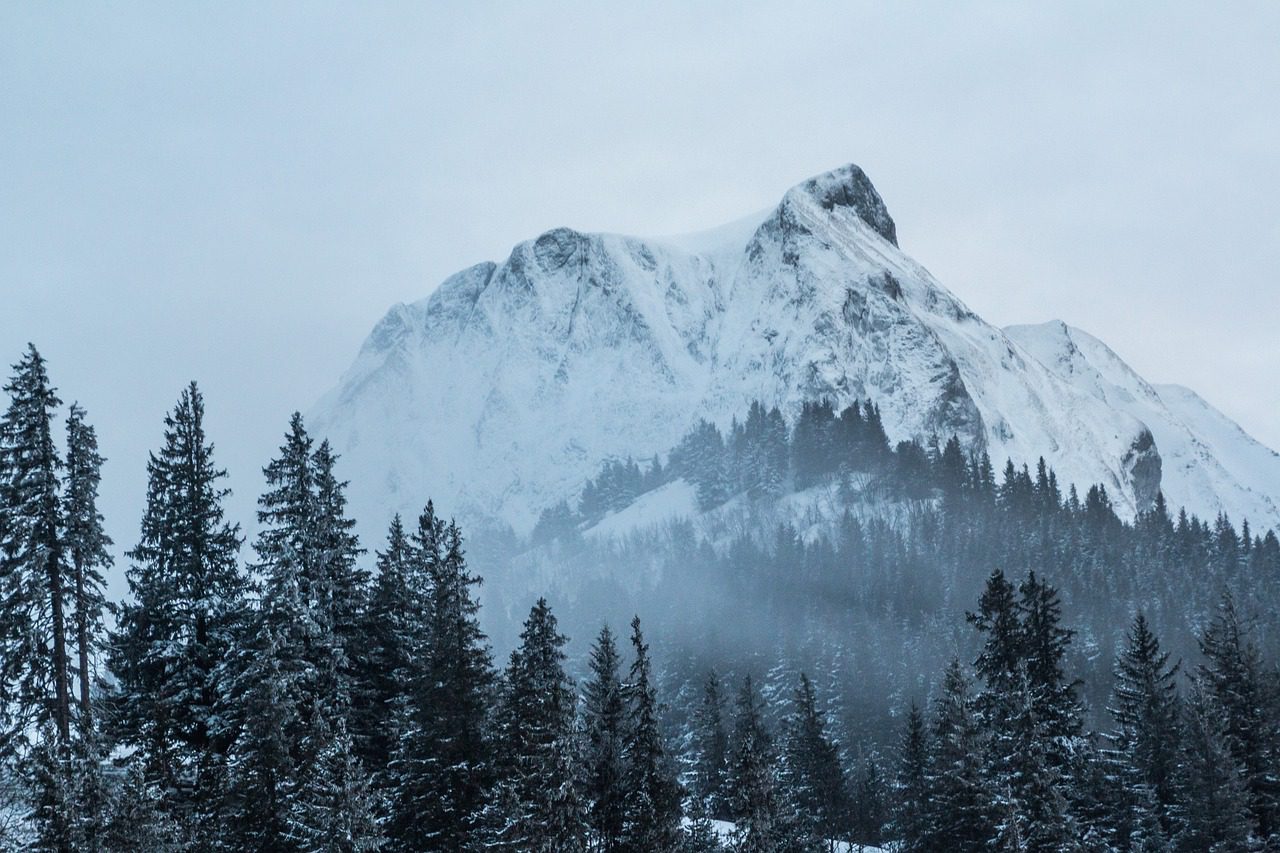December 28, 2023 — Across the West, this winter began drier than usual, notably in the Rocky Mountains, impacting the area’s water supply. The Colorado River, a critical source for 40 million people across seven states, relies heavily on snow from these mountains. National Public Radio for Northern Colorado reports that current snow levels are about 60-70% of what’s typically expected. Experts stress the importance of upcoming months, particularly January and February, to replenish the snowpack and alleviate deficits.
reports that current snow levels are about 60-70% of what’s typically expected. Experts stress the importance of upcoming months, particularly January and February, to replenish the snowpack and alleviate deficits.
Challenges and Climate Trends.
Despite last year’s substantial snowfall improving conditions temporarily, the West faces a long-term water crisis exacerbated by over two decades of dry conditions and climate change. To significantly impact the supply-demand imbalance, the region would need several consecutive wet winters, a scenario made less likely by warming trends and changing precipitation patterns. Last year’s snow also benefited the soil, increasing the likelihood of snowmelt reaching rivers and reservoirs, crucial for water collection.
Forecasts predict a notable drop in water supply to Lake Powell,


Snowpack and the Months Ahead.
The snowpack in regions like Colorado, Wyoming, and Utah is crucial for the Colorado River Basin. Currently, it’s among the lowest in recent decades for this time of year. El Nino weather patterns, contributing to warmer Pacific Ocean temperatures, could bring more precipitation to the Southwest but less to northern Colorado’s mountains. The next few months are critical, and stakeholders are monitoring the situation closely, hoping for significant snowfall to alleviate potential water shortages.






Leave a Reply